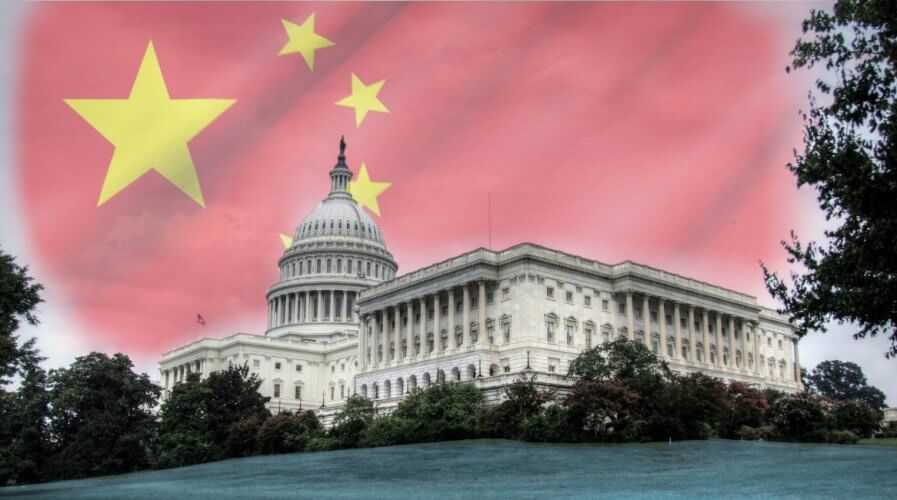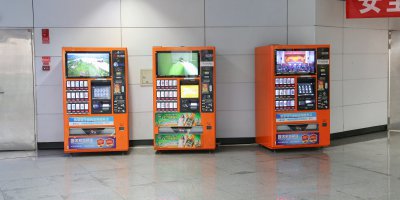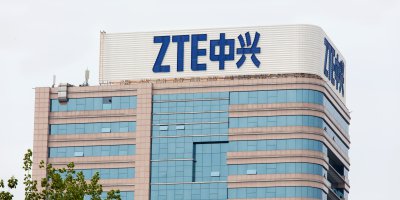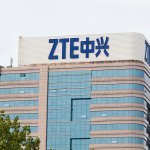
Will America’s political climate cramp incubators’ style? Source: Public Domain
Chinese-backed incubators ruffle pro-US feathers on Capitol Hill
THE UNPLEASANT strand of nationalism bordering on xenophobia currently plaguing foreign trade policy in the US has been fuelled by a recent statement to Reuters by Democratic Senator Mark Warner in his role as vice-chairman of the Senate Intelligence Committee:
“Our intellectual property is the future of our economy and our security. China’s government has clearly prioritized acquiring as much of that intellectual property as possible. Their ongoing efforts, legal or illegal, pose a risk that we have to look at very seriously.”
Senator Warner was commenting on a report that showed there are currently 11 tech accelerator programs operating in Silicon Valley which are specifically designed to be China-centric and are at least in part funded by Chinese companies or institutions, such as local government.
However, according to Crunchbase, there are around 229 accelerators or incubators operating in the San Francisco Bay area, so overt Chinese presence comprises less than five percent of all activity.
President Trump’s position on visas for foreign workers and the government’s increasingly bullish relations with China over trade add to the overall undercurrent of negative opinion, which is thankfully not reflected in some circles, such as academia and engineering.
Universities in the US remain a very popular choice for Chinese students interested in technology-oriented study, and transnational ties between entrepreneurs, investment companies, and academics continue to flourish.
Spokespeople from several China-backed accelerators told Reuters their aim was to increase co-operation, entrepreneurship, and relations between the two countries.
“We are building the door or bridge to the China market,” said Wei Luo, the chief operating officer at ZGC Capital Corp, which runs the ZGC Innovation Center, one of the accelerators to whose activities Senator Warner is referring.
.@POTUS trade with China: "The United States has been ripped off for many, many years… I don't blame China. I blame our leadership of this country from the past."
Tired of seeing Made in China (Know it’s money, regulations)
Want ??Made In USA ?? pic.twitter.com/ZwXiPCw9QE— EAGLE WINGS (@RealEagleWings1) May 17, 2018
The Zhongguancun Development Group (ZDG) is funded by Beijing’s local government (Zhongguancun being “China’s Silicon Valley”). The role played by governmental bodies from China in the private sector abroad is something which falls outside Western familiarity. In the West, a dichotomy exists between the economic models of state-control (aka socialism) and the polar opposite, a pure capitalist model.
Chinese government policy has been a highly successful balance between state control and free market-ism, or perhaps more accurately, an integration of the two which belies easy definition.
The Chinese-backed accelerators serve not only as a bridge for bidirectional technical discourse, and investment into the US, but also gives many American companies a route into the massive Chinese market.
US start-up Grush which sells a “smart” toothbrush aimed at kids, has teamed with ZGC. Its co-founder and serial entrepreneur Ethan Schur said: “We’re able to meet the manufacturers we want to work with, are trustable, reliable and have a good price.”
The US’s moves to block Chinese acquisitions in the tech sector may be the prelude for sweeping new strictures on Chinese investment in Silicon Valley, according to Reuters.
While not understanding the paradox of the Chinese economic model, it seems the US government is willing to create its own: by imposing national sanctions on global free trade, the country is creating a twist on pure capitalism not seen since the country’s last bout of isolationism post-WWII.
According to a study in January by the Defense Innovation Unit Experimental, which invests in commercial technology on behalf of the US Department of Defense, Chinese investment in startups reached US$11.5 billion in 2015: 16 percent of all tech deals.
With stats like that, can the US government pursue an isolationist path without detriment to its domestic tech economy?
READ MORE
- Ethical AI: The renewed importance of safeguarding data and customer privacy in Generative AI applications
- How Japan balances AI-driven opportunities with cybersecurity needs
- Deploying SASE: Benchmarking your approach
- Insurance everywhere all at once: the digital transformation of the APAC insurance industry
- Google parent Alphabet eyes HubSpot: A potential acquisition shaping the future of CRM




